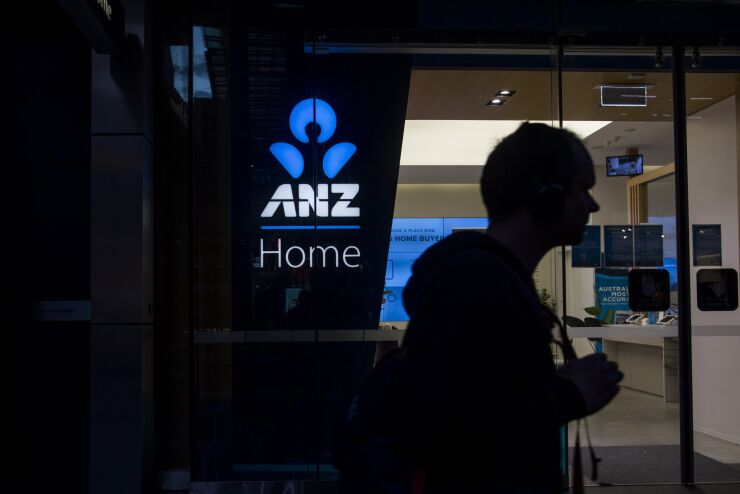Two large deals happened this week in Australia to build scale against international financial services encroachment from card schemes and cross-border financial services — a concern that's cropping up in several nations.
Domestic payment rails Eftpos, BPAY and New Payments Platform Australia agreed to merge to counter Visa and Mastercard's inroads in Australia. The three organizations say the U.S. card brands are "dominating" the local payments sector, and the merger of three domestic players will actually increase competition and choice.
At nearly the same time late Monday U.S. time, almost as if on cue, Worldline — a European payment processor — announced a nearly $500 million agreement to acquire 51% of ANZ's commercial acquiring business, giving Worldline access to ANZ's 20% share of the Australian acquiring market by Worldline's estimate.
Worldline appears to be addressing both sides of the trend in its ANZ deal. Worldline is foreign company, but it is working with a local bank in ANZ, giving Worldline a local source for card issuing technology and data management.

"Domestic payment networks are working to become more competitive nationally in an effort to take market share from traditional players like American Express, Discover and Visa and to keep newer payment options at bay like China's Alipay, WeChat Pay and Union Pay," said Sarah Grotta, director of debit and alternative products advisory service at Mercator Advisory Group.
In an email, Vincent Roland, executive vice president of merchant services at Worldline Global, said Australia is a "highly attractive" strategic market. "The Australian market represents a great opportunity to continue scaling up our platforms and roll out solutions in very close partnership with a leading financial institution," Roland said. "Furthermore, we have identified a similar demand from Australian retailers for advanced omnichannel, digital services and new international and mobile schemes."
As recently as October,
The three Australian rails are working on projects to upgrade digital payments and increase processing speed and face myriad external competition.
By combining the national rails, Australia is making a move similar to India and China, which pressure outside firms like Visa and Mastercard to
Australia has made regulatory moves over the past year to create
"A desire to keep [associated] payment data in-country is driving this trend," said Grotta. "Countries appear to be taking the approach first to regulate outside schemes, making the market less hospitable and then invest in local solutions to match or potentially exceed the capabilities of existing options and offer them at a competitive price. This is driving towards a long-term goal where the global networks will be relegated to handling just international and cross-border activity."
The investment and mergers in the Australian market are consistent with global trends in the past four years to connect payment networks to drive scale away from the U.S. regulatory hurdles of money movement, card interchange and the U.S. dollar liquidity stress risks, according to Krista Tedder, head of payments for Javelin Strategy & Research, adding that over the the past 18 months the East Asia Pacific Central Bank has been working to connect countries and currencies in real-time.
This falls in line with the
"This will provide funds flow real-time across Asia and bypass U.S. regulatory sanctions. In addition to cross border, this helps position non-card payments through WeChat and Alipay as a viable economic alternative for merchants while keeping funds in Australia," Tedder said. "The consolidation and partnerships are expected as Australia has
Worldline plans to expand merchant services beyond Europe and considers Australia a similar market to Europe from a technology, payment market and regulatory perspective.
"Large processors are pushing to capture share in markets across the globe to leverage scale and to deliver cross-border commerce capabilities to their merchant clients," said Thad Peterson, a senior analyst at Aite Group. "At the same time, local payment providers deliver localized products and services that are difficult for a global player to replicate."
With Worldline obtaining control of ANZ commercial acquiring, it would appear that they’re trying to get the best of both worlds, Peterson said. "With reach beyond their European base and the recent acquisition of Ingenico, Worldine appears to be moving quickly to establish themselves as a top tier global competitor in the processing space."





